#Writing nobles
Explore tagged Tumblr posts
Text
Fantasy Guide to Royal and Noble Marriages
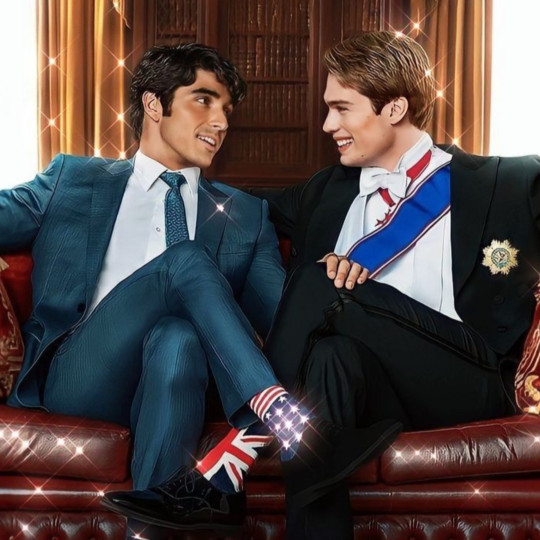
Marriage is an important part of the life of both royal and nobles in any setting, either historical fiction or fantasy. Marriages are not only life long commitments but they are business and protection deals by families. These are strategies, not relationships. So how can we write them?
Why make a Marriage?
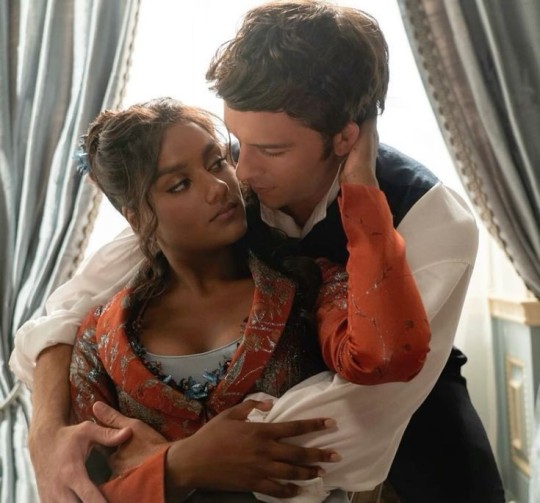
Marriage is at its heart, the seal on an agreement. Two families may come to an agreement to share resources, connections and support one another. For a noble family, it could be about elevation. For example, if the daughter of an Earl marries a Duke, her siblings can now make higher marriages and her family would be more important thanks to this link. It could even be about money. In the late Victorian - Early Edwardian period, many impoverished English peers married wealthy American women for their fortunes. In exchange, the women became titled aristocrats. Royal marriages are made for more universal perks. A royal marriage can change the political layout of the world, it could isolate a kingdom or be the starting gun or a war or end a years long conflict. For example, Kingdom A might be being threatened by Kingdom B. Kingdom C has a powerful military. Kingdom A might offer up a marriage deal to Kingdom C, with the caveat that C protect A from B. C would obligated to act if A gets attacked by B, since A is now an ally. A marriage cements the deal as it creates family ties, which is seen as a sort of permanent stamp on negotiations. After all, would you screw over family?
Marriages of Choice vs Arranged Marriages
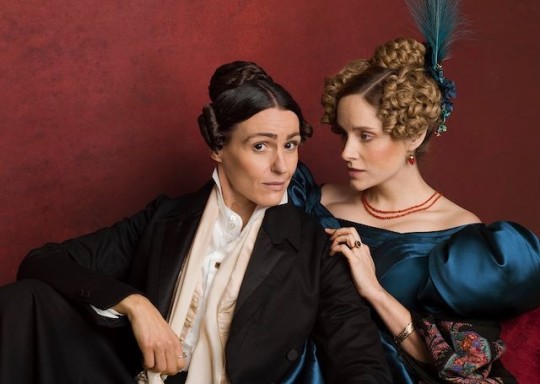
Marriages can either be made on behalf of a royal/noble or made by themselves. An heir might be more restricted in this case whilst a younger children have a little more leeway especially if they are part of a large family.
Marriages are not always arranged. But that doesn't mean there aren't restrictions. Any royal or noble will have a list of certain attributes their spouse must have or certain attributes they cannot have. Marriages of choice have to be approved by parents (and the crown if you are a high ranking noble) and if you are royal, sometimes by the government itself.
Arranged marriages are agreements between two families. They might want each other's protection, support or they might simply want to do business together such as opening trade corridors or lifting embargoes on certain items. Arranged marriages are usually made on behalf of both spouses and they are expected to agree to the match for the sake of their family or country.
Screwing over the Deal
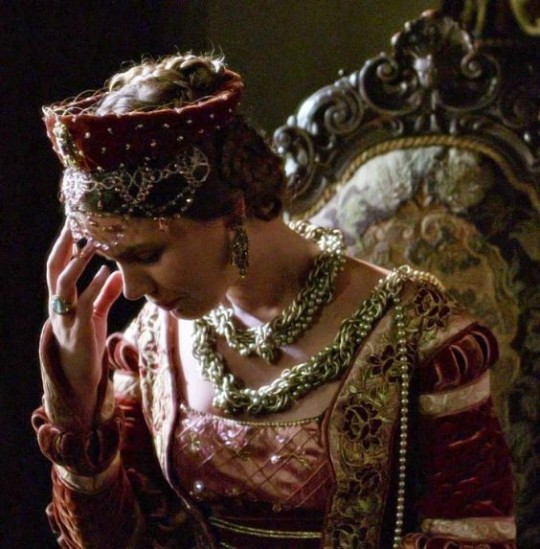
Making a marriage doesn't mean that the deal will last forever. Alliances change and circumstances shift. Whilst everyone may be all friendly during negotiations and for some time after, politics is the aim of the game. Treaties can be broken, war can break out and marriages can become unpopular choices. If a country has welcomed a bride/groom one day and then their country becomes the enemy, the bride/groom could become an enemy as well and face isolation and disrespect from the public - even their new family. However they are expected to be loyal to their new family and country, even over their own family and kingdom. These marriages have no promise of happiness. They are a job, a duty to ensure the family is taken care of and securing their futures.
Timeline of a Royal Marriage between Two Royal Families
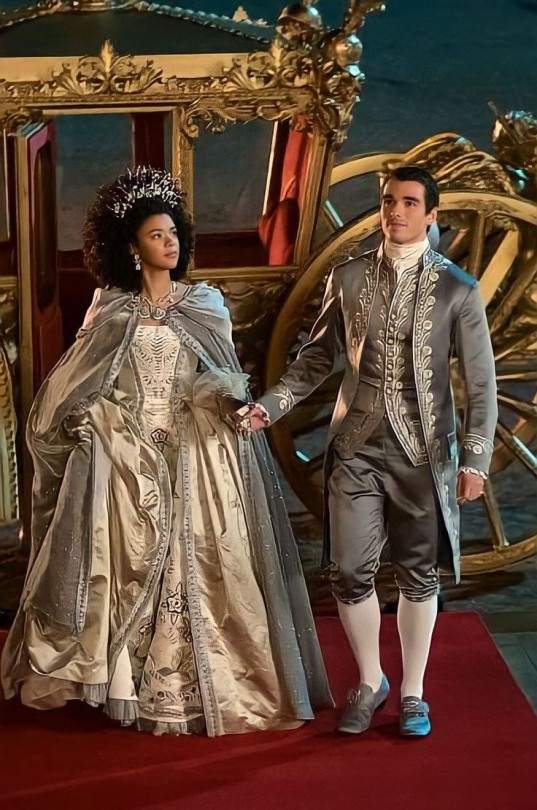
Offer: The suggestion is made.
Negotiations: The discussion through ambassadors of what a marriage might entails, what each side is willing to provide or what they demand of the marriage. This can take weeks, months even years before a marriage is agreed.
Betrothal: Marriage is approved, treaty signed and the couple is engaged. Betrothals can last from anything from a few weeks to years
Wedding: If one spouse has to travel to their new home, they will travel to their new home and meet their new court, new family and their spouse. Once they arrive, the wedding will take place in a matter of days.
Married Life
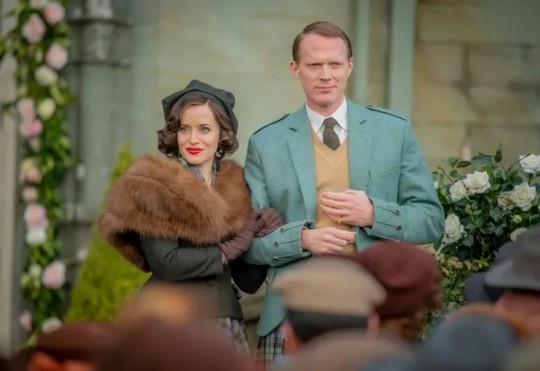
These marriages are public, so it is expected for the couple to at least act civil. If they do not like one another or can't stand the sight of another or they just don't love each other, is irrelevant to society and their expectations. They are expected to attend certain events together, sire children and do their duty. There's no rules saying they must live together, so many lived separate lives. The higher ranking spouse is expected to provide their spouse with an allowance and a staff. For international marriages, spouses are not permitted to hire a large party of their own attendants even if they accompany them to their new country. They may keep one or two for company but a newly minted royal should not be waited on by foreign servants, they are a royal of their new kingdom now.
What makes a "good" marriage?
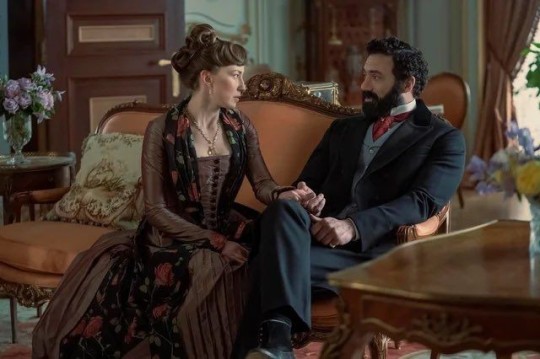
As mentioned above, marriages and relationships are expected to fall into certain perameters. Any spouse - chosen or assigned - should meet certain standards such as be of appropriate rank, follow societal norms and even sometimes be of the same religion. Marriages to anybody who falls out of these standards can be seen as a devasting move - the marriage of Edward IV is still remarked on as a contributing factor to the end of the Plantagenet dynasty. Making the wrong choice of spouse in society's eyes can lead to gossip, being shunned, being disrespected and even barred from succeeding to your birthright. Unequal marriages or morganatic marriages, can even bar children from succession, disallow the couple from attending events together and deny the spouse the style they ought to be entitled to - the marriage of Archduke Franz Ferdinand is a good example to study. A good marriage is seen as one that adheres to all the expectations of society - even if it is an unhappy one.
#Fantasy Guide to Royal and Noble Marriages#Fantasy Guide#Writing royal characters#Writing royalty#Writing nobles#Nobles#writing#writeblr#writing resources#writing reference#writing advice#spilled words#ask answered questions#ask answered#writers#Writing guide#Writer's resources#Writer's reference#Writer's research
694 notes
·
View notes
Link
5 notes
·
View notes